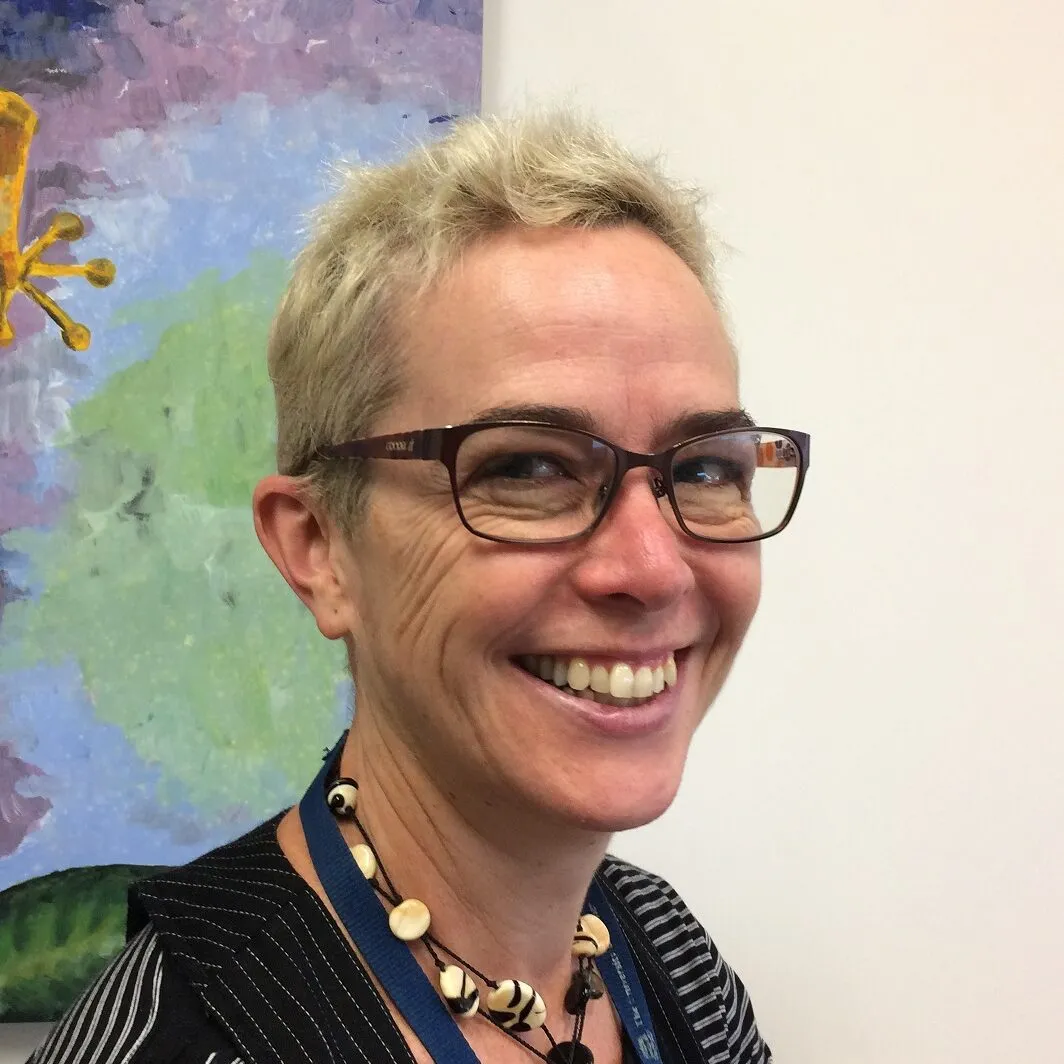Dr Michelle McDonald
Dr Michelle McDonald’s research careers spans over 19 years, attaining her PhD in 2008 at The Kids Research Institute, Westmead, she is currently Group Leader of the Bone Microenvironment Group at the Garvan Institute of Medical Research. Through the development of a novel intravital imaging technique her research has allowed, for the first time, visualisation and fate tracking of dormant and actively growing tumour cells within living bone, as well as visualisation of bone cells in real time. This approach has revealed previously unappreciated bone cell dynamics and interactions, thereby advancing our fundamental understanding of osteoclast biology, and uncovering mechanisms behind unexpected clinical responses to anti-resorptive therapies. In addition, bone cell regulation of tumour cell behaviour, including dormancy, chemo-resistance, and disease relapse, has been demonstrated using this technique. Combined with her extensive experience using therapeutic agents to modulate bone cell activity in vivo, her group is working to define how these agents can be repurposed to prevent tumour-induced bone destruction and prevent tumour growth through regulating the bone micro-environment. This work has recently attracted a number of awards, grants and international invitations to speak, and spans collaborations with academic and industry partners internationally.
Dr McDonald has always worked closely with clinician scientists, which has influenced the development of her research towards clinically translatable outcomes. Michelle regularly performs peer reviews, sits on the editorial board for the Journal of Bone Oncology and Clinical Reviews in Bone and Mineral Research and has also held positions on international scientific committees and editorial boards (IBMS, ASBMR IFMRS and ANZBMS). Her research interests have also allowed multiple opportunities to work with industry and pharmaceutical companies, and more recently form active collaborations within Australia and with groups form the UK and the USA.
.jpg)



.jpg)






















.jpg)
.jpg)

.jpeg)










.jpg)
.jpeg)






